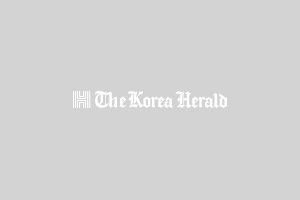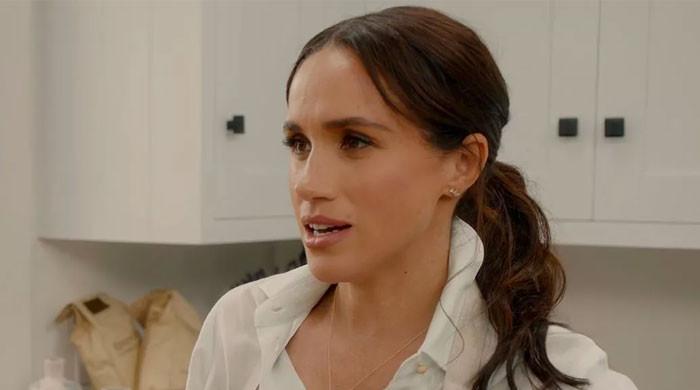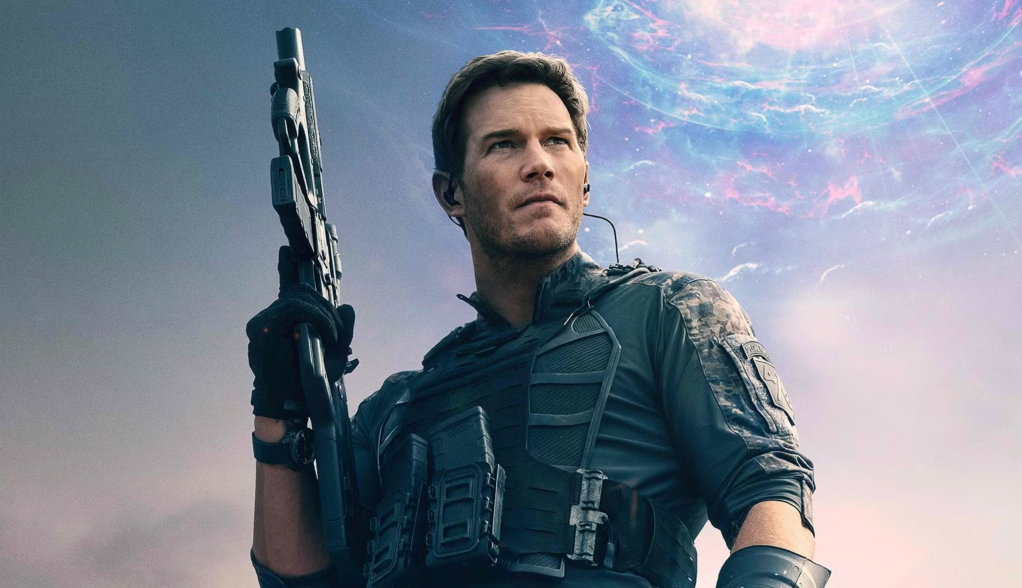South Korea enters a new phase after court upholds impeachment of Yoon South Korea’s Constitutional Court unanimously decided to uphold the impeachment of former President Yoon Suk Yeol on Friday, marking an end to his trouble-laden presidency less than three years after it began. The landmark ruling not only wrapped up a disturbing chapter of executive overreach but also reaffirmed the enduring strength of South Korean democracy. But the country still confronts a slew of challenges in the coming months, including an election for a new president.
Yoon has become the second president to be removed from office by impeachment after President Park Geun-hye was ousted in 2017. Yoon’s downfall was set in motion on Dec. 3 last year, when he stunned the nation by declaring martial law, the first such order since South Korea democratized in the late 1980s.

His ill-advised gambit to deploy the military against the National Assembly provoked outrage, paralyzed government functions and plunged the country into political turmoil. Yoon was impeached by the opposition-controlled National Assembly on Dec. 14.
The court's verdict was unequivocal. In violating constitutional requirements for emergency powers and deploying troops in a civilian political context, Yoon acted unlawfully and disrupted every sphere of national governance. The justices rejected his defense that the martial law decree was merely a symbolic warning about the paralysis of state affairs caused by the main opposition Democratic Party of Korea.
Instead, they agreed with the National Assembly’s case on all counts: His actions constituted grave breaches of the law and a betrayal of public trust. It is a relief that Yoon and the ruling People Power Party accepted the ruling without challenging its legitimacy. His muted apology marked a departure from his earlier defiance and the People Power Party rightly refrained from inflaming tensions.
Even so, the conservative bloc faces an uphill battle in the upcoming snap election, which must be held within 60 days. Polls suggest Lee Jae-myung, the leader of the Democratic Party, is well-positioned to take the lead. But Lee, too, must heed the court’s warnings about the need for dialogue and compromise.
For it would be a grave miscalculation to view the president’s fall as solely the result of his individual misjudgment. The Constitutional Court noted that the breakdown in dialogue between the executive and legislature implicated both sides. South Korea’s opposition bears its own share of responsibility for a toxic political culture that resulted in extreme confrontations.
The country has to deal with various challenges during the post-impeachment period. One of the top domestic issues is the short window before the next presidential election, which could encourage candidates to favor populism over prudent policymaking. Voters will be hard-pressed to gauge candidates’ administrative competence under such conditions.
Acting President Han Duck-soo must ensure that a fair election will be held. Externally, South Korea faces alarming economic storms. US President Donald Trump’s tariff policy threatens the export-driven Korean economy, while raising fears that his reckless tactics could cause an inflation and economic slowdown across the globe.
Finance Minister Choi Sang-mok has to come up with a clear strategy and navigate the Korean economy with steady hands. What South Korea needs now is not more division but collective resolve. The plaza politics that dominated recent months must give way to reconciliation and institutional restoration.
For the sake of the economy, the rule of law, and the dignity of democracy, this must be a turning point — not just a change of leader, but a renewal of the republic. The next two months will prove both perilous and pivotal. This transitional window, though brief, could provide a golden opportunity to pull the nation out of crisis and set it back on a path of stability and progress.
Acting President Han must provide reliable stewardship to help address mounting challenges at home and abroad and political parties must avoid unnecessary conflict. The country has little time to spare — and even less to waste..
Entertainment

[Editorial] Post-impeachment tasks

South Korea enters a new phase after court upholds impeachment of Yoon South Korea’s Constitutional Court unanimously decided to uphold the impeachment of former President Yoon Suk Yeol on Friday, marking an end to his trouble-laden presidency less than three years after it began. The landmark ruling not only wrapped up a disturbing chapter of executive overreach but also reaffirmed the enduring strength of South Korean democracy. But the country still confronts a slew of challenges in the comin














